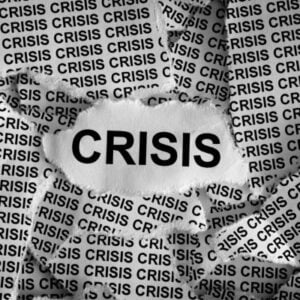A landmark survey conducted by WHO/Europe in collaboration with the European Commission, coinciding with World Mental Health Day, analyzed nearly 100,000 responses from healthcare workers across 29 countries between October 2024 and April 2025. The study found that doctors and nurses are working under conditions that severely harm their mental health, with implications not only for their well-being but also for patient safety and the integrity of health systems. Hans Henri P. Kluge, WHO Europe Director, described the situation as a health security crisis, emphasizing that the mental health of healthcare workers underpins the effectiveness of health services.
The survey revealed systemic work-related stressors driving anxiety and depression. One in four doctors work over 50 hours a week, and a third are on temporary contracts, fueling insecurity and heightened stress. Doctors and nurses reported double the prevalence of suicidal thoughts compared to the general population, with one in ten admitting to having thoughts of being “better off dead” or self-harming in the past two weeks. Unsafe work conditions, including exposure to violence and consistently long hours, were strongly linked to depression, anxiety, and suicidal ideation. Despite these challenges, three-quarters of doctors and two-thirds of nurses still reported a strong sense of purpose and meaning in their work.
The pressure is leading 11 to 34 percent of health workers to consider quitting, which threatens patient care through longer wait times and reduced service quality. WHO/Europe highlighted that recruitment has not kept pace with demand, and by 2030, Europe is projected to face a shortage of 940,000 health workers. Dr. Kluge stressed that protecting healthcare workers’ well-being is both a moral obligation and a critical foundation for safe, high-quality patient care.
To address the crisis, the report recommends actionable measures including zero-tolerance policies for workplace violence, reforming shift patterns, and ensuring access to high-quality mental health support for all healthcare workers. These interventions aim to safeguard the health workforce, prevent further burnout, and maintain the resilience and functionality of Europe’s health systems.






